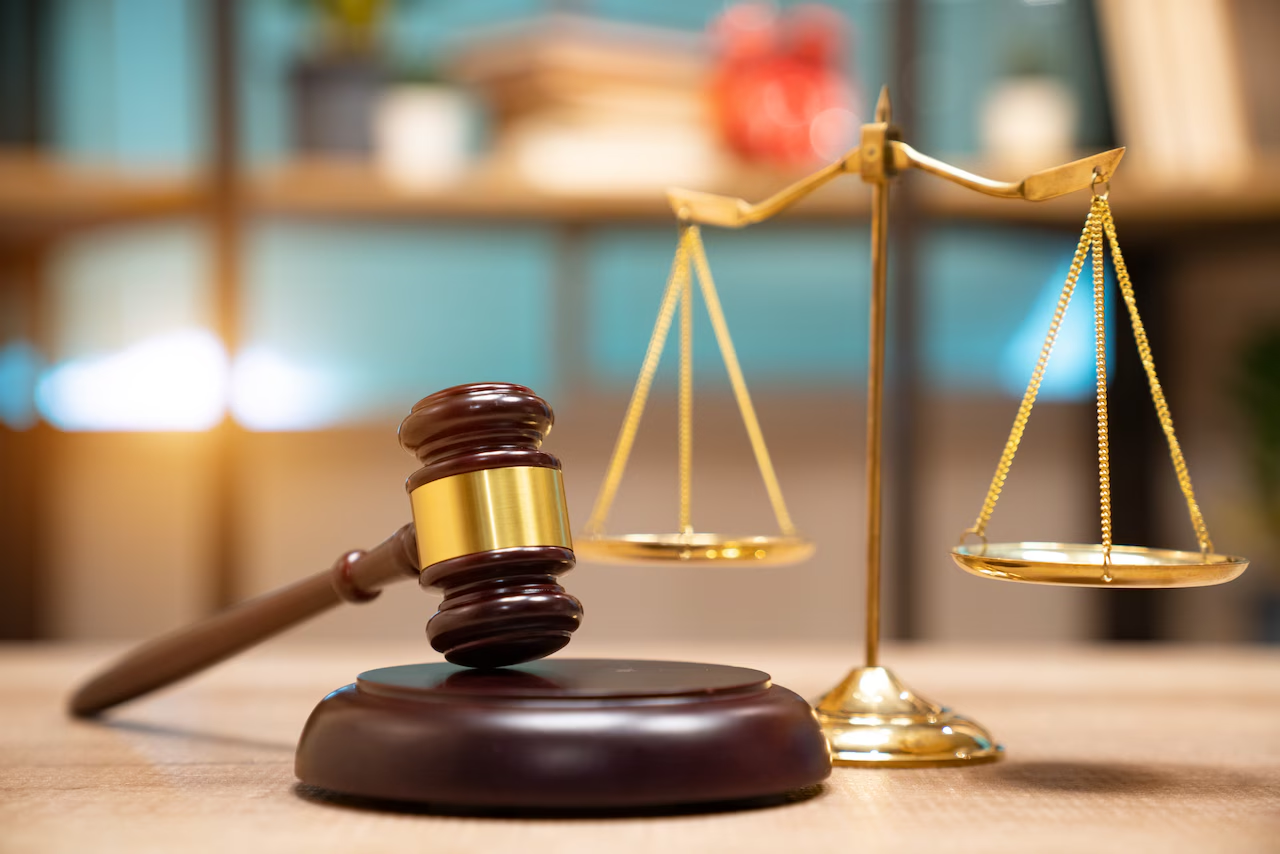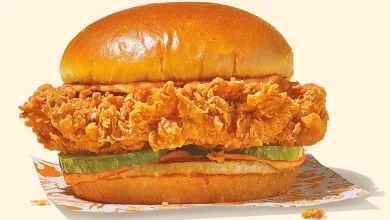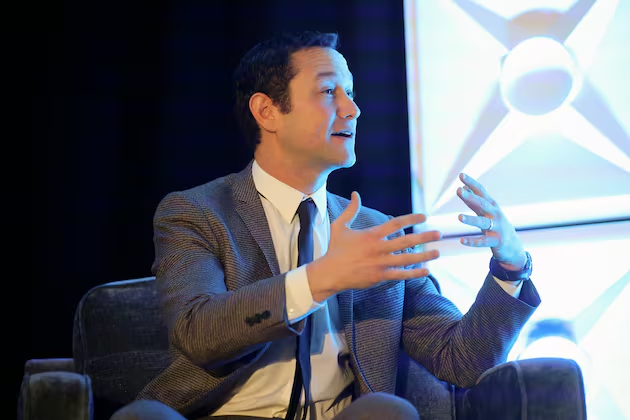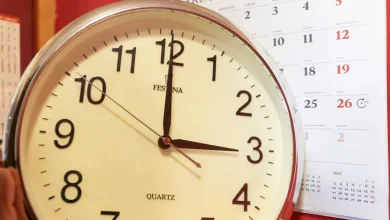‘People can only work for free for so long’: Oregon federal defense system near breaking point amid shutdown

More than 95 private lawyers in Oregon who have been appointed to represent indigent defendants in federal court have not been paid since early July and are owed “well more” than half a million dollars for work they’ve performed, according to Oregon’s federal public defender.
With the federal government shutdown continuing with no end in sight, Oregon Federal Public Defender Fidel Cassino Du-Cloux said in a recent letter to the state’s congressional delegation that the unpaid casework is an unprecedented “crisis” that’s “threatening the integrity of our federal justice system.”
When Federal Defender’s Office staff can’t absorb additional cases or have a conflict of interest, they rely on what’s known as panel attorneys to take on cases.
They are lawyers in private practice appointed by a federal court to represent a criminal defendant. They work under the Criminal Justice Act, a federal law enacted in 1964 that establishes a system for appointing and paying lawyers for criminal defendants who cannot afford to retain counsel.
When assigned a case, panel attorneys are paid a rate set by law: $175 per hour for non-capital cases and $223 per hour for death penalty cases. For each appointment, they submit voucher-payment requests that are approved by the federal courts.
In Oregon some trials have had to be postponed because panel lawyers aren’t being paid. The government shutdown also has blocked funding for investigators, forensic experts and psychiatrists that defense attorneys rely on to help mount a defense, according to federal officials.
“They’ve been working for free for pushing four months,” Oregon’s Chief U.S. District Judge Michael J. McShane told The Oregonian/OregonLive.
All the funds budgeted for the panel were spent, and Congress would not appropriate more money. They had been waiting to be paid at the start of the new fiscal year in October, but then the government shutdown occurred, McShane said.
As a result, many of the panel attorneys have declined new cases because they cannot risk going unpaid indefinitely, Cassino-DuCloux wrote to Oregon’s U.S. senators and representatives.
“You can’t furlough the Constitution but that’s exactly what happens when the government stops funding the defense,” he told The Oregonian/OregonLive.
Separately, court clerks, staff in judges’ chambers, federal probation and pretrial officers in Oregon federal courts all have been working without pay since at least Oct. 20 due to the federal government shutdown, McShane said. So far no federal court staff in Oregon have been furloughed, he said.
“They’re operating pretty much as usual, without pay,” he said. “If this keeps up, we will discuss some kind of rolling furlough.”
Furloughs might allow some of the new court clerks to make some money delivering for Door Dash, if this continues, McShane added.
In Oregon’s U.S. Attorney’s Office, lawyers in its civil division have been furloughed, except for ones whose work is deemed “critical” such as those whose work is involved in cases that impact public safety or protection of property, including the National Guard deployment litigation, according to an office spokesperson.
The federal prosecutors’ office has been staffing all criminal proceedings in the district, McShane said.
No one knows how long the federal government will remain shut down, with Republican and Democratic party leaders at an impasse over dueling stopgap proposals.
In his letter, Cassino Du-Cloux, Oregon’s federal public defender, urged Congress to adequately fund federal defense lawyers for the current fiscal year and immediately pay more than $76 million owed to Criminal Justice Act lawyers across the nation for the just-ended fiscal year 2024-2025.
There was a surplus in the federal defense budget during the pandemic, when fewer cases were brought or tried, and a cushion of spending resulted. But since then, that cushion has dried up and Congress hasn’t increased the federal defender budget by an amount that’s necessary now that the pace of cases has picked up, according to federal defense attorneys.
The National Association of Criminal Defense Lawyers put out a report in September that concluded the federal judiciary’s Defender Services needs to be better funded, which ideally would end the practice of payments to Criminal Justice Act panel attorneys being deferred from one fiscal year to the next.
“Delays in payment have both immediate and long-term consequences for our legal system and our communities. They erode the fundamental trust that people should have in their government and undermine the belief that our legal system will reach fair, just and accurate decisions,” the association wrote in the report.
In Oregon, a half-million-dollar shortfall for private panel defense lawyers was expected to be made up at the start of the new federal fiscal year on Oct. 1, but that hasn’t happened because of the government shutdown.
“Even if there was money there, there would be no one there to distribute it,” Cassino Du-Cloux said.
Portland criminal defense lawyer Lisa Ludwig, who serves as Oregon’s Criminal Justice Act panel representative, said the panel lawyers had some notice of the funding problem and could prepare a bit, either by taking more state cases or private cases.
But she said it’s terrible that other court workers “who help make the system run,” and live closer to the margin, such as investigators, interpreters and defense experts, also aren’t getting paid through the federal defense budget, she said.
“Everyone was counting on resumption of payments until October,” she said. But then the government shutdown occurred.
“It’s very hard to give legal advice under these conditions,” she said, “because there’s nothing that’s really certain.”
Even before the shutdown, the Oregon federal public defender’s office was dealing with a hiring freeze. In the past year-and-a-half, the office has lost 15 staffers of what was an approximately 80-person office – positions it can’t fill, due to the freeze, Cassino-DuCloux said. The federal public defenders in the office received their last pay check on Friday, but going forward they won’t be paid again until the shutdown ends, he said.
“Now, both pillars of the federal defense system – Federal Defender Offices and the CJA panel – are faltering simultaneously,” he wrote to Oregon’s Congressional leaders. “This imbalance is untenable. This is the definition of a constitutional crisis.”
Cassino-DuCloux said his staff are committed to the work, but he suspects there will be a tipping point.
“Everyone is doing double duty. We’re all compassionate about this work. But I don’t know how much further they can run at that pace,” he said. “People can only work for free for so long, no matter how good your heart is.”
So far, the courts are still operating, despite people working with no pay, McShane said, adding:
“People are still dedicated and seem willing to get the work done, even though there’s no pay check in sight, really.”
If you purchase a product or register for an account through a link on our site, we may receive compensation. By using this site, you consent to our User Agreement and agree that your clicks, interactions, and personal information may be collected, recorded, and/or stored by us and social media and other third-party partners in accordance with our Privacy Policy.




